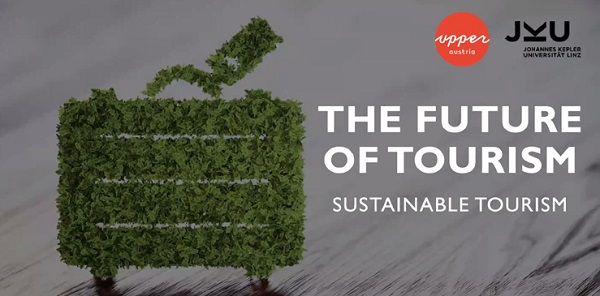In collaboration with the Tourism program, students at the Institute of Strategic Management took a look at the "Future of Tourism".

As part of the "Strategic Management" course, students focused on strategies to help companies and organizations master the challenges of turbulent and dynamic environments. The current situation in regard to tourism served as a starting point to take a close look at the industry. In addition, experts in tourism were on hand to provide unique insight into the current situation. Students from various countries were then assigned tasks to put their feelers out and not only take a closer look at the tourism sector, but also look at trends and developments in the areas of politics, business, society, the environment, technology, and the legal parameters. Student analyzed trend reports and conducted interviews with experts, futurologists, and visionaries. The results were written up and presented as part of the course and included interesting findings as well as recommendations to take action that is more tailored to the tourism sector.
- A Change in Values: The Covid-19 pandemic has triggered far-reaching changes in values. People want to feel safer and be able to have more trust. Regardless of whether traveling on holiday or for business, the future of tourism is becoming more about quality and companies involved in the tourism industry will undoubtedly have to prove that they can adjust and adapt.
- Digitization: Digitization allows companies to collect and comprehensively use customer information to individually customize travel (seamless customer journey). This, in turn, gives rise to corresponding issues in regard to data privacy, which can ultimately be considered an additional dimension as part of a tourism organization’s quality performance.
- The future of individual tourism will be marked by changing forms of mobility, securing a high-quality workforce, and interacting with customers using a wide variety of media - ideally 24/7.
- Business tourism, on the other hand, will include new forms of so-called hybrid tourism, meaning a combination of analog and digital experiences.
- Regardless of whether it’s individual travel, business or conference tourism, the students’ work shows a clear trend toward greater sustainability. Customers will disapprove of any oversight in social or ecological aspects.








